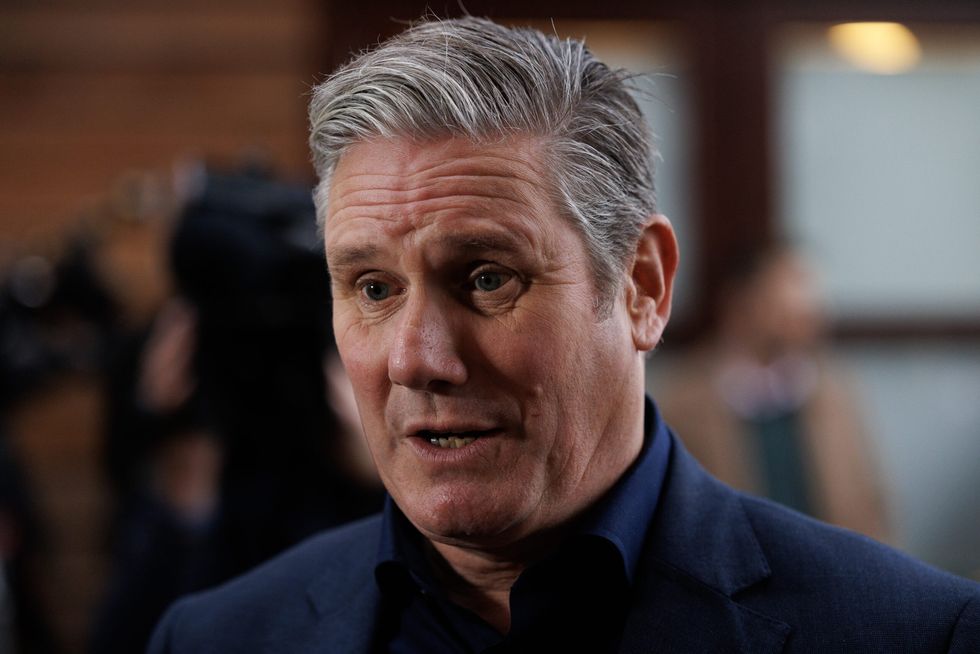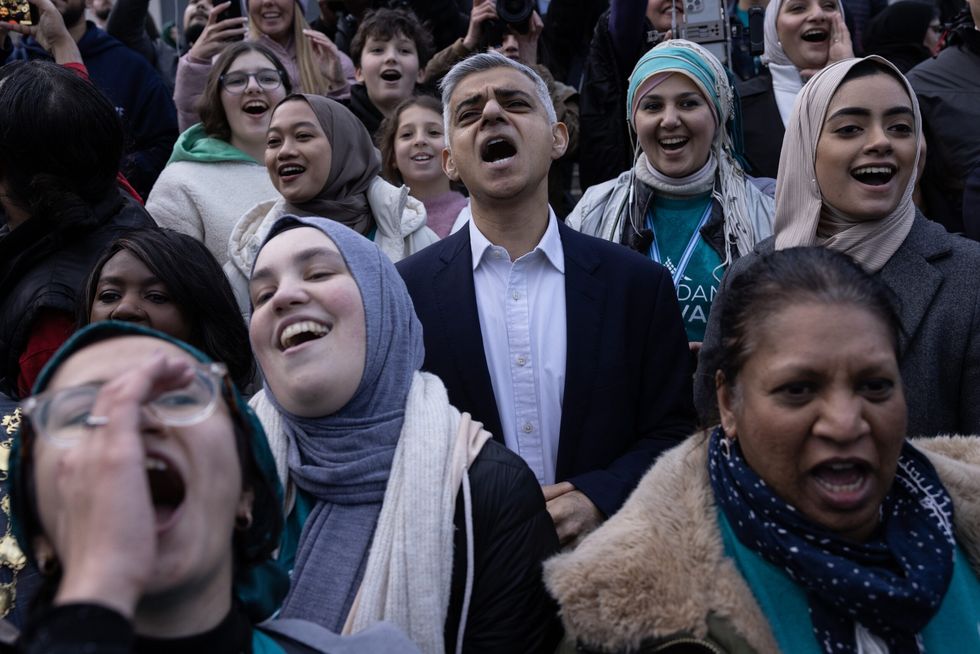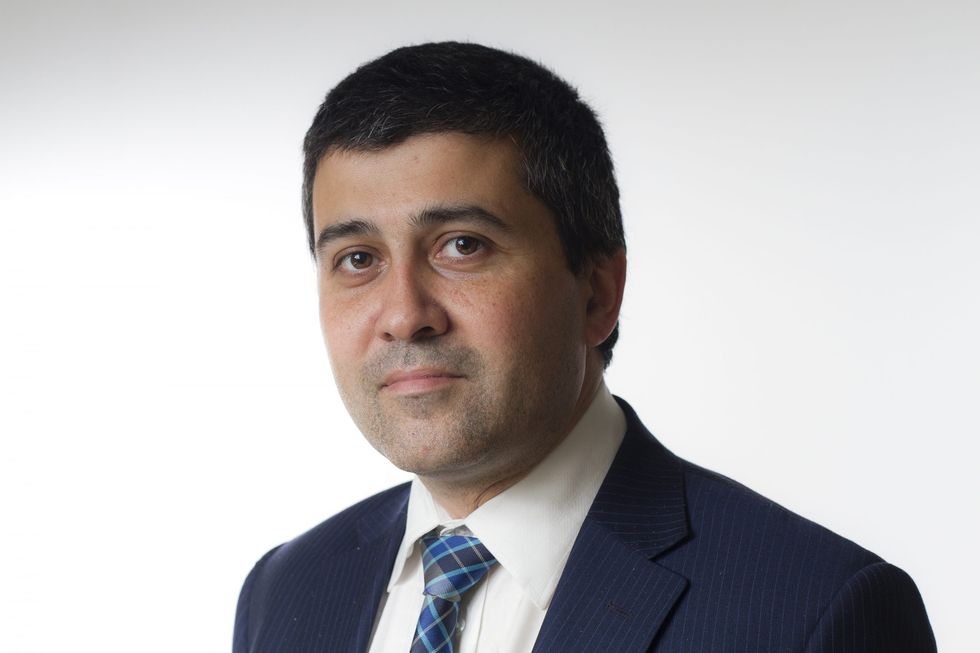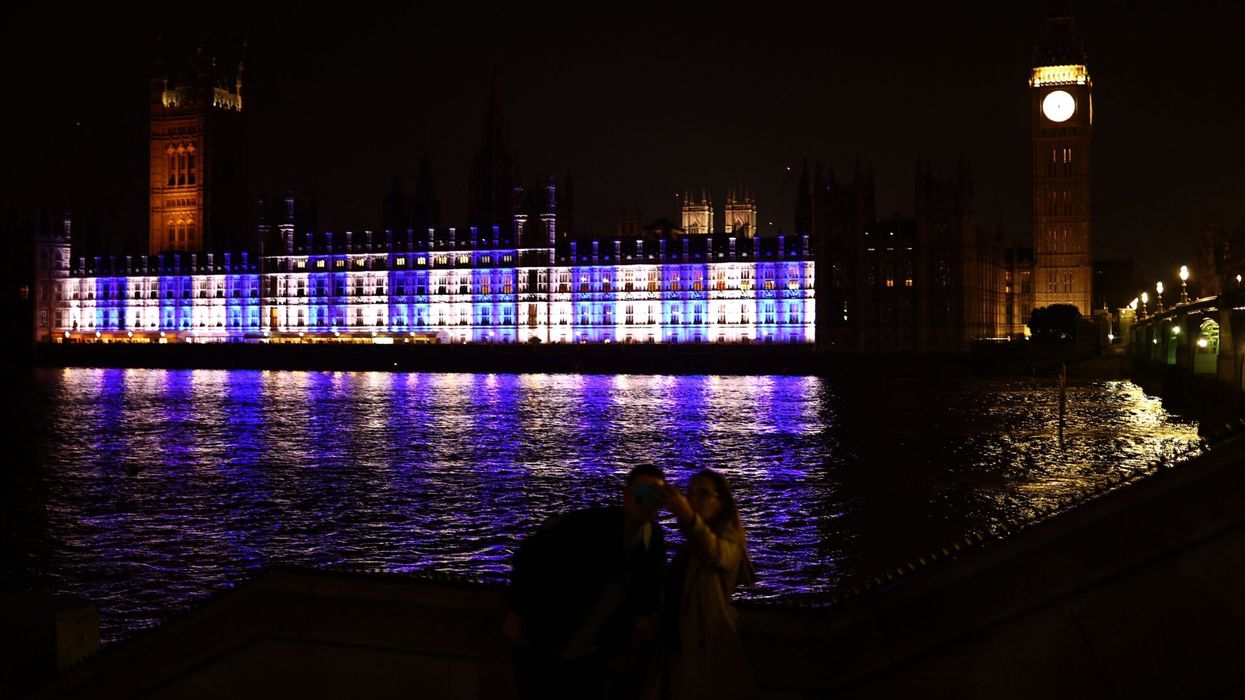WITH the Israel-Palestine conflict escalating so dangerously, its impact on British politics seems a rather local difficulty.
When prime minister Rishi Sunak flew to Israel to tell prime minister Benjamin Netanyahu “we want you to win”, he could not really claim to be speaking for his much more ambivalent country. Only a quarter of people say they want the UK government to support one side in this conflict – and those who do are evenly split between Israel (13 per cent) and Palestine (12 per cent). Being a neutral mediator is more popular among both Conservative and Labour voters.
Yet it is not the prime minister, but Labour leader Sir Keir Starmer who faces much more political pressure over this conflict. Starmer mishandled an early radio interview, later retracting his assent to Israel’s right to self-defence including cutting off water or power in Gaza. Now the Labour leader faces growing demands to call for an immediate ceasefire. Sadiq Khan in London, Andy Burnham in Manchester and Scottish Labour leader Anas Sarwar have done so – and a dozen of Starmer’s own frontbench team at Westminster have, unusually, broken with collective responsibility to do so too.
The intensity of the Labour debate at Westminster may give the impression that a few words from Starmer could halt the bombing. British influence in Palestine is nothing like what it was a century ago. US president Joe Biden administration’s willingness to be a critical friend of Israel - in pressing the Netanyahu government over how it pursues Hamas - may offer Sunak or Starmer their best route to be part of multilateral pressure for de-escalation.

Labour’s Muslim Councillors have led the challenge to Starmer with more than 300 signing a joint letter pressing him to call for an immediate ceasefire. This reflects the anguish in British Muslim communities about the civilian death toll in Gaza. Yet, framing this call as primarily from the Muslim community could have downsides too. A coalition of 500 Labour councillors – half of them Muslim – could have framed the claim as speaking for Labour values, as well as the dominant sentiment of Britain’s largest faith minority community.
Around one in 12 Labour voters at the last General Election was Muslim – perhaps 800,000 out of ten million votes – with Muslims preferring Labour by a 7:1 margin. The lesson of recent political history is that parties take so-called ‘core votes’ for granted at their peril. Indeed, Labour lost nearly a quarter of its Muslim voters over the Iraq war, when the LibDems surged to a 25 per cent share, though around half of Muslims did vote to re-elect prime minister Tony Blair even after the Iraq war.
Minority voices had little presence in politics then. There was just one single Muslim MP in all of England – Khalid Mahmood in Birmingham – during the Iraq war. Nineteen British Muslim MPs today, 15 of them Labour, show how the turbulent years after 9/11 were also two decades of integration in British public life, even if party management could become more challenging in a diverse democracy.

If there was an electoral revolt on an Iraq-style scale, it could cost Labour a quarter of a million votes. Yet, even that would not transform the General Election map. Thirty seats may have more Muslim voters than Labour’s 2019 majority, but Labour’s national poll lead gives the Conservatives and LibDems little chance in diverse inner-city constituencies. A George Galloway style insurgency could contest one or two seats seriously, but would need support across communities to do better than that.

Muslim votes may help to tip the balance in Middle England marginals of middling diversity. One in five voters is Muslim in Peterborough, whose Conservative MP Paul Bristow was sacked by Sunak after his own call for a ceasefire. A significant drop in Muslim turnout could prove a bigger headache for Khan’s London mayoral re-election bid, next May, than for Starmer’s campaign a year from now.
I think we would encourage a less polarised politics if, over this next generation, it got harder rather than easier to guess somebody’s party preferences from their ethnicity and faith alone. My “one nation test” for any party that aspires to govern is that no citizen should feel any tension between supporting that party and their colour or creed. For all of their diversity at the top table, the post-Cameron Conservatives risk going backwards again with black British and British Muslim citizens, in particular. Starmer’s challenge may be both to reconnect with British Muslims, beyond this conflict, and to rebuild trust with Britain’s Jews after Labour’s failures on anti-Semitism – seeing no contradiction between the two.
None of Britain’s many ethnic or faith minorities could wield a veto over who ends up in Downing Street next year. Our political leaders should accept the bridging challenge to reach across communities – as an ethical challenge, as much as an electoral one.




